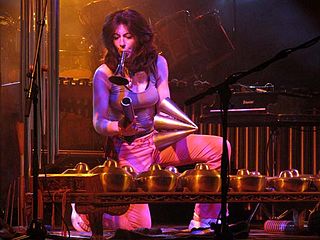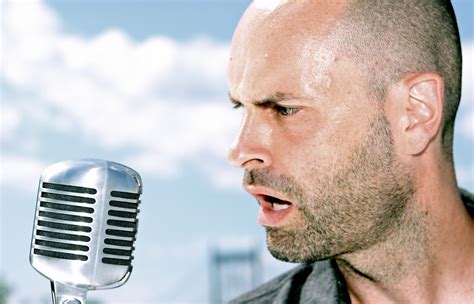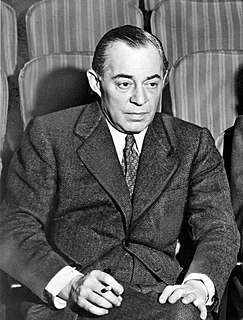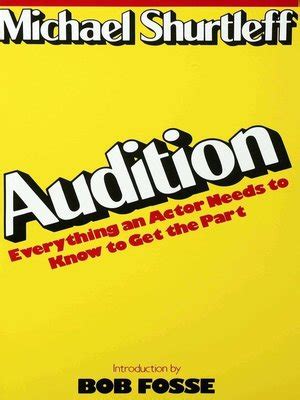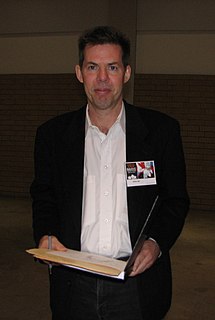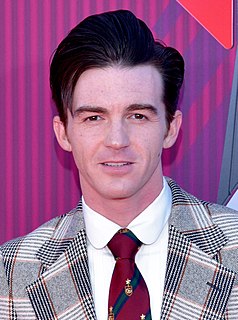A Quote by Bo Burnham
I misdirect the audience, so they have no idea where they are or who they're listening to.
Related Quotes
The Sophists had this idea: Forget this idea of what's true or not—what you want to do is rhetoric; you want to be able to persuade the audience and have the audience think you're smart and cool. And Socrates and Plato, basically their whole idea is, "Bullshit. There is such a thing as truth, and it's not all just how to say what you say so that you get a good job or get laid, or whatever it is people think they want.
The live audience, just getting an instant reaction off of an audience is the best part[of the show]. Being in the studio and working on your songs and listening to them back and doing all that - it's a lot of fun, but having that instant reaction and being able to work and vibe with an audience is the best part.
Donald Trump in Philadelphia, and he's delivering a very substantive speech on military preparedness, the status of the current military. He detailed the deterioration of the U.S. military in the past eight years and explained how he's going to rebuild it and why we need to, and it's a very tough audience. It's an expressly military audience, and they are of course listening for any sign that he's not really genuine here. I think, knocking this out of the park as far as that audience is concerned.

